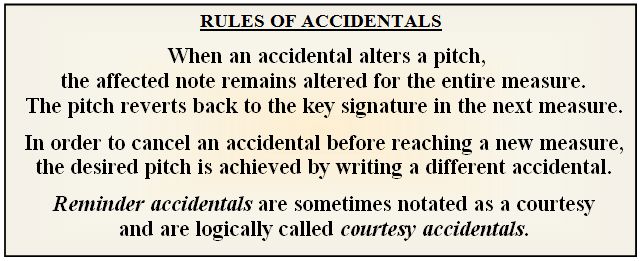Preparing for A Minor Scale Pattern Drills
By studying details about the three forms of Minor, including the specifics of the augmented second interval, your music theory knowledge has increased greatly.

While performing accidentals, finger location adjustments are required. Locating new pitches is made easier, when relating them to nearby pitches. It is very helpful to know that when finding new pitches, the new note is almost always a half-step away from a pitch that you already know.
Much like a strategy game, each composition presents its own set of string playing challenges. As you gain more experience, you will find that there are infinite combinations of fingerings. For most musical passages, more than one performance solution is possible. Practicing different fingering options, allows you to choose combinations that enhance musical phrasing.
As you perform in A Minor, remember that the naturally occurring half-steps are between B–C and E–F.

Be certain to be on the lookout for F# and G# accidentals.
Harmonic Minor Augmented Intervals Melodic Minor Minor Key Signatures Relative Major and Relative Minor
Relative Major and Relative Minor Key Signatures Preparing for A Minor Scale Drills Rules of Accidentals
Violin Fingerboard Diagram Viola Fingerboard Diagram Cello Fingerboard Diagram Bass Fingerboard Diagram
A Minor Scale Pattern Drills La Cinquantaine







